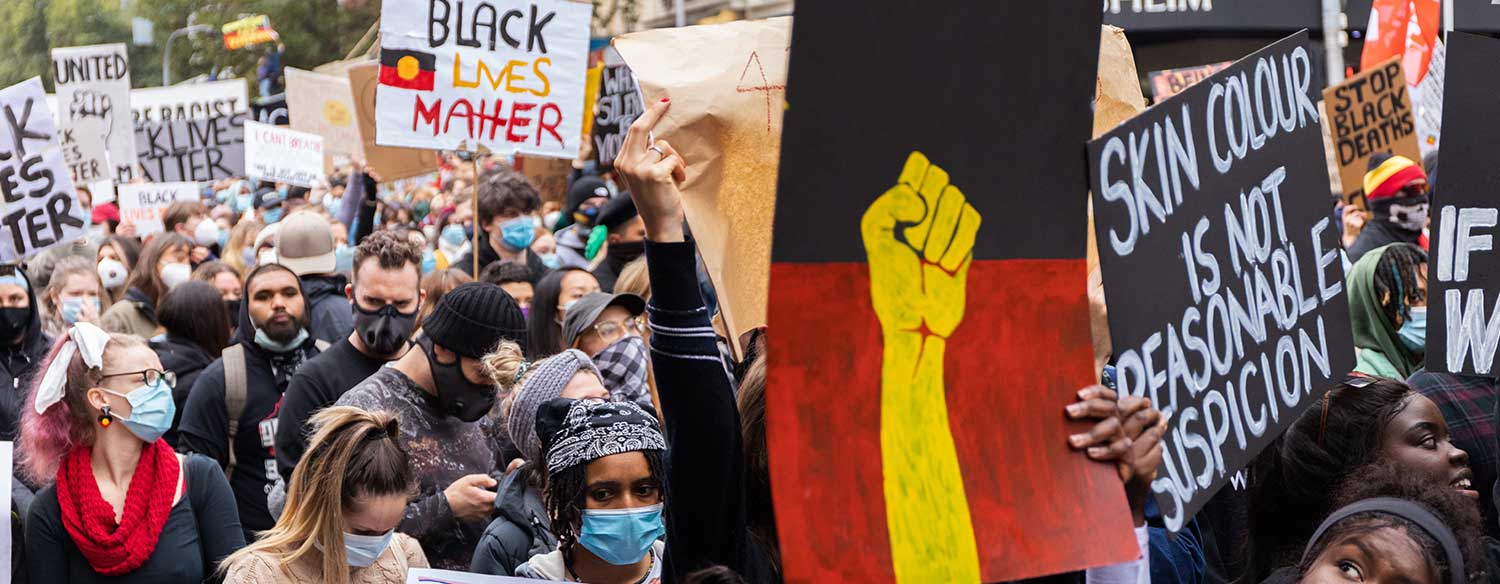SATIRE: Since we know that only racists would say they are not racists, it is necessary to prove you are not a racist by acting like you are guilty of racism, even when you feel no actual guilt.
Doing this enables you to experience an incredible sense of self-righteousness since, by apologizing for racism, you prove that you are not a racist like those people who refuse to apologize for the racism they are not guilty of; which is itself a form of racism.
Racists argue that we don’t have to apologize for racism since Australia is no longer a racist country. Whilst they agree that bigotry occurred in the past, they insist that we have made moral progress and have eliminated racism from our institutions.
They will point to Indigenous sports starts like Cathy Freeman, politicians like Neville Bonner, actors like Deborah Mailman, singers like Jessica Mauboy and journalists like Stan Grant as proof that indigenous Australians are free to achieve anything they set their mind to. Of course, they only say such things because they are racist.
They want indigenous people to see themselves as autonomous agents who, through hard work and personal responsibility, can make anything of their lives, just like the rest of us. But this is racist.
It is only by encouraging indigenous people to make an identity out of grievance and inferiority that we can help them to realize how much they need our help to succeed. This is vital since, in helping indigenous people succeed, we give ourselves an opportunity to prove we are not racist.
We must also convince indigenous people that protest is the best way to cash in on the entitlement they are due as a result of their collective grievance. This way indigenous people are able to call for help and we are able to answer.
We will undo the bigotry of the past, which insisted indigenous people were inferior and so we could push them down, by insisting indigenous people are helpless so we can lift them up.
But if indigenous people begin to believe that institutional racism does not exist, there will be no paternalistic role for the rest of us to play. This would be particularly unfair for those of us not old enough to have voted in 1967 to remove discrimination from the Australian Constitution.
We long for an opportunity to demonstrate our virtue by changing history. This means we must deny our country’s moral progress and manufacture modern-day grievances that we can then heroically campaign against.
The trick is to insist that a litany of racial disparities prove racism still exists in this country. For instance, Indigenous people die, on average, 10 years younger than non-indigenous people. Only 60% of Indigenous youth finish high school. And an indigenous man is 15 times more likely to be jailed than a non-indigenous man.
Racists say that It is wrong to conflate past oppression with present oppression. They argue that today’s racial disparities are likely due to dysfunctions within the indigenous community. We must not even entertain such ideas. Instead, we must insist it is the height of racism to suggest the possibility that indigenous people might be responsible for their own condition.
Racists also point out that – with everyone eager to prove they are not racists by offering deferential treatment to minority groups – indigenous people are more likely to receive racial preferencing than racial discrimination. Drawing attention to this is racist since it implies that indigenous people don’t need white people’s help.
To suggest that indigenous people don’t need our help is to subvert black victimization and with it, our identity as “woke” social justice warriors.
If, as racists insist, there are no social evils from which we must heroically liberate indigenous people, where then is our claim to real political and cultural power? Power we need to create social programs by which we can re-engineer society on a national scale?
This is why it is vital to continue to say that Australia is a racist country and to paint those who say it is not, as proof that it is.
The truth is that, for we social justice advocates, the real agitation is not racial injustice. To the contrary, we relish evidence of racism since it justifies our own political identity. Racism gives us something to protest and, with it, our own historic purpose.
The real agitation is not racism, but the suggestion Australia might have evolved beyond its racist past.
It is not our nation’s evils but our moral growth that frightens us since it will turn us into an irrelevancy.





















